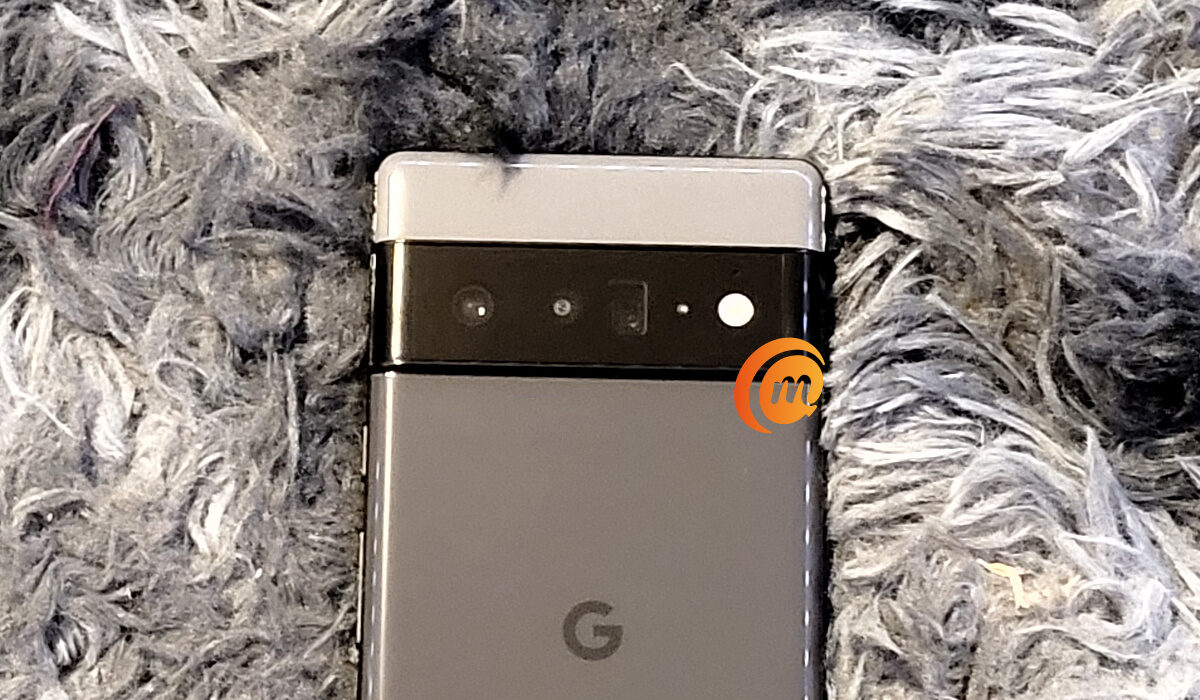Dayo and I are forever discussing smartphones. One of our pet peeves has been how Google cripples it’s Pixel smartphones in annoying ways. As a matter of fact, it was as if Google had made a pact with the gods of mobile that it would never make cutting edge features available on its models. How do I mean?
Take any one of the Pixel models from the very first all the way up to the last model before Pixel 6 Pro, and none of them has cutting edge fast charging. You just have to make do with 18W fast charging, at the best. 18W quick charge is like the odd cousin of fast charging: it is neither slow nor really fast.
If you have never used 33W quick charge, you probably would not get the picture. But consider that there are phones with 67W quick charging out there already, and you just might get a picture of how painfully slow 18W is.
I understand that this limitation on fast charging is done to preserve the battery. Ho-hum. Anyway, in this year of our Lord, 2021, Google finally bumped it up to 30W. Only that it wasn’t quite 30W. In reality, the Pixel 6 Pro charges at 23W speed. Not quite the same as 30W, but thank the gods, users do not have to suffer with 18W any more.
Related to charging speed is battery capacity. Google phones were not known for outstanding battery life. As a matter of fact, Dayo and I suspect that Apple and Google made a pact with the devil to starve users of their phones of long battery life. “Keep them chained to their chargers,” the devil whispered to them, “and I will make you rich.”
Whatever the deal was, Pixel phones, while not as poorly as iPhones, generally had battery life that registered at the lower end of the spectrum. This was until the Pixel 5a 5G showed up this year. That was the last model before the launch of the Pixel 6 and Pixel 6 Pro.
With a 4680 mAh battery, the 5a 5G arrived with exemplary battery life right up there with some of the best. Never before in the history of Pixel phones had there been a model with that much juice or longevity.

The Pixel 6 duo have good battery capacities too – 4614 mAh and 5003 mAh respectively for the non-Pro and the Pro models. The battery life results in real use are not as fantastic as I was expecting, buy they are good numbers, even if not at the top. The summary is that we now have a new generation of Pixel smartphones with solid battery life.
What of performance? Despite charging a premium for their devices, Google decided to use a mid-range chipset in the Pixel 5. Sigh. You just couldn’t have the best of everything with Google. They always crippled the phone woke way or the other.
The Snapdragon 765 chipset is the very same one used in the Pixel 4a and 4a 5G. I am so rolling my eyes. Not to mention how they used the same camera modules in multiple models in the last few years.
With Google, it was best not to expect too much besides good cameras and on-line software updates. Everything else was game for experimentation in how not to experience cutting edge specs and features.
If you are looking forward to the next Samsung flagship, you know you will be getting the most advanced and most powerful of everything possible (sans the fastest battery charging). You could not be sure with Google.
Like Google, like Nokia
One other phone maker has been aping this habit of crippling their devices: Nokia. And it will hurt them. There is no reason why the Nokia X20, for example, should be using a Snapdragon 480 chipset and 18w charging, when competing devices at its price point use much more powerful chipsets and have even faster charging standards.
As we are seeing, Google is breaking away from that practice of limiting its devices. One can only hope that Nokia adjusts too fast enough. The Nokia brand name is still fairly powerful, especially among older mobile users, but it won’t be enough to keep people from comparing specs and wondering why they are getting much less than phones from competitors.
Pixel 6 Pro: taking the leash off
But from what we have seen this year, 2021 seems to be the year that the company wants to shed that reputation. The Pixel 6 Pro is a proper premium flagship: it even has 12 GB of RAM! Shock! Horror! With previous models, minus the Pixel 5, you had to manage 6 GB RAM at the most.
Even in the photography department that Google was once celebrated, over the last few years, the Pixel phones lost massive ground to competing devices that came to the fight with their own versions of computational Photography and multiple cameras. Google was stuck with dual cameras on their devices and those could no longer compete in a world of triple and quad cameras on cutting edge devices. Again, the Pixel 6 Pro changed that by showing up with a triple camera at the back.
The Pixel 6 Pro is a breath of fresh air. We have a top-end Pixel device with a flagship-grade chipset, a copious amount of RAM, a hefty battery, and competitive cameras, among other things. The Pixel line never looked so good. In more ways than one, the 2021 Pixel 6 Pro is a paradigm change for Google phones.
The lesson here is similar to the lesson with Apple in the last few years of the iPhone: no matter how distinct and unique you seek to make your products, you have to at the very least bend to the demands of the market to stay competitive. Dayo and I love how Google has adapted to the market’s demands with the Pixel 6 Pro.